Exact Answer: After 7 years
Tax is a mandatory payment to the nation’s government without any consideration. Without any consideration means we cannot demand anything from the government after paying tax. Taxation is necessary to run a nation with good judgment. It is collected for providing public, best infrastructure, and facilities.
It doesn’t matter whether an individual is salaried, self-employed or any specialist it is compulsory for all eligible citizens to pay tax according to their income. If one fails to pay their tax then they will invite serious complications under pre-defined law. For safety purposes, it is always recommended to keep a tax return record of some last seven previous years as proof and assurance.
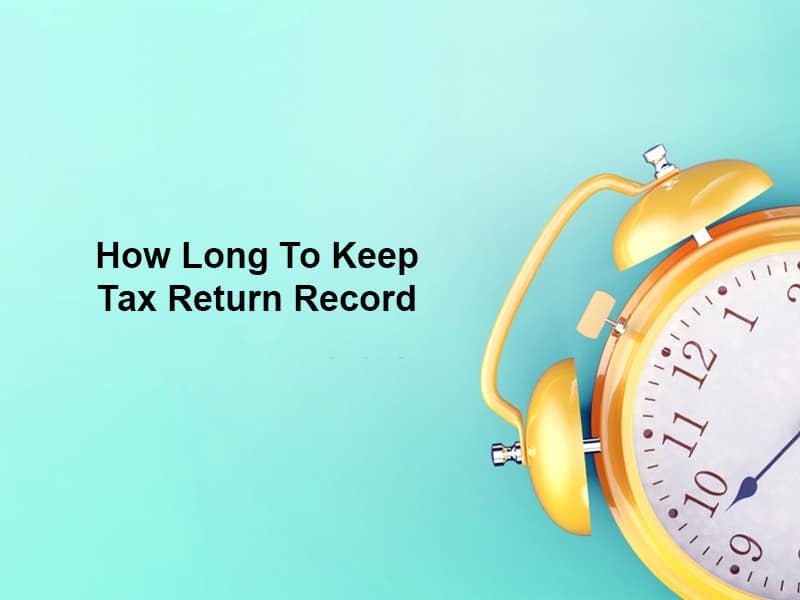
How Long To Keep Tax Return Record?
| Category | Time of ITR Record(in years) |
| Normal citizen | 7 years |
| Citizen having foreign assets | 17 years |
| Deceased Citizen | 7 – 17 years |
| Citizen with fraudulent record | Indefinite Period |
It is suggested and also experienced that one should maintain the tax return record for at least seven years. IT department has all rights and authority to request you sending the previous tax-paying record for any purpose. IT department can take these steps on any particular individual doesn’t matter he or she is a salaried person, self-employed, or any specialist.
The IT Department doesn’t have the power to issue an inquiry from anyone but they, of course, have the right to issue an inquiry for some individual who has some serious allegation against them. Also, they do have the right to demand the previous ten years of tax return records for search cases only. For those persons having foreign assets, there is something different tax return period.
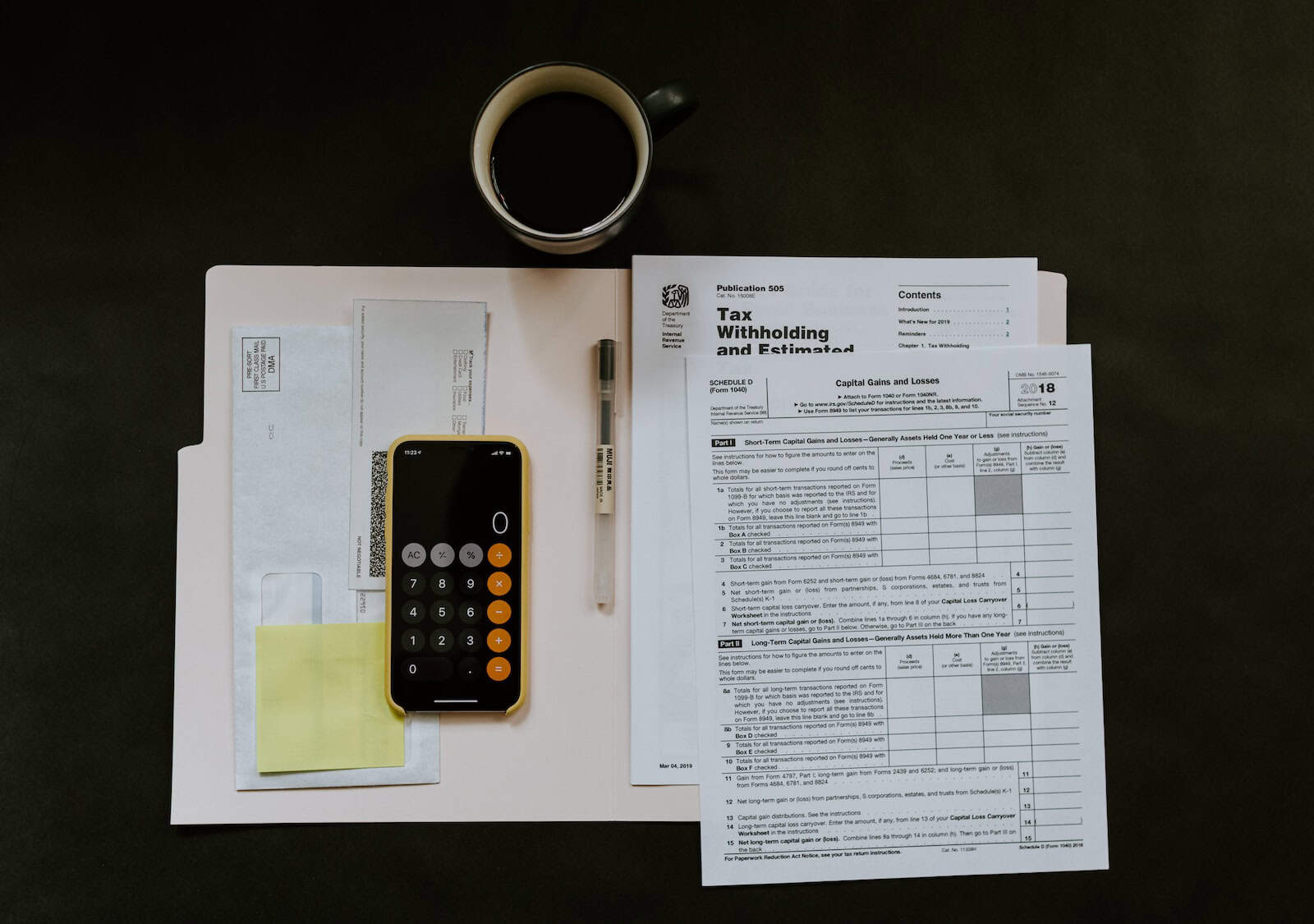
If anybody having assets from foreign or having any interest in any foreign entity, they have to keep the tax return record for a longer period up to a minimum of 17 years. In some exceptional cases like if you are filling any ITR record for a deceased family member then also you need to keep the income tax return record for several years minimum from 7 to 17 years from the end of the financial years. It also totally depends on the kind of income that taxpayers (deceased members) had before his death. A point to note is that a person can keep a record indefinitely if he filed a fraudulent record or did not file a return.
In the case of property, we should keep the ITR record until the periods of limitations expires. It is because it will help to figure out any depreciation, amortization, and profit and loss at the time of selling your properties.
Why Should One Keep Tax Return Record For So Long?
It is essential to keep the Income Tax Return record for long period. It is because a person will need all previous tax return records for at least seven years at the moment. It is a very exceptional case when there is a serious allegation against a particular person. The income tax department used all those return records for searching for any fault.
Also, the IT department does so when they do have some evidence. In the case of properties and real estate, it is too important to keep all your income tax return record for at least 17 years. The reason behind this is that it will help in recognizing the depreciation, amortization. In the time of selling the properties, it is recommended to keep the ITR record handy.
Also, due to this, one can figure out the profit and loss of that particular property. Maintaining the tax record also helps to calculate the applicable tax bought a long time ago such as shares. Now, stocks and mutual funds are rolling down with a long-term capital gains tax (LTCG) where you will need at least seven years of records for assurance.
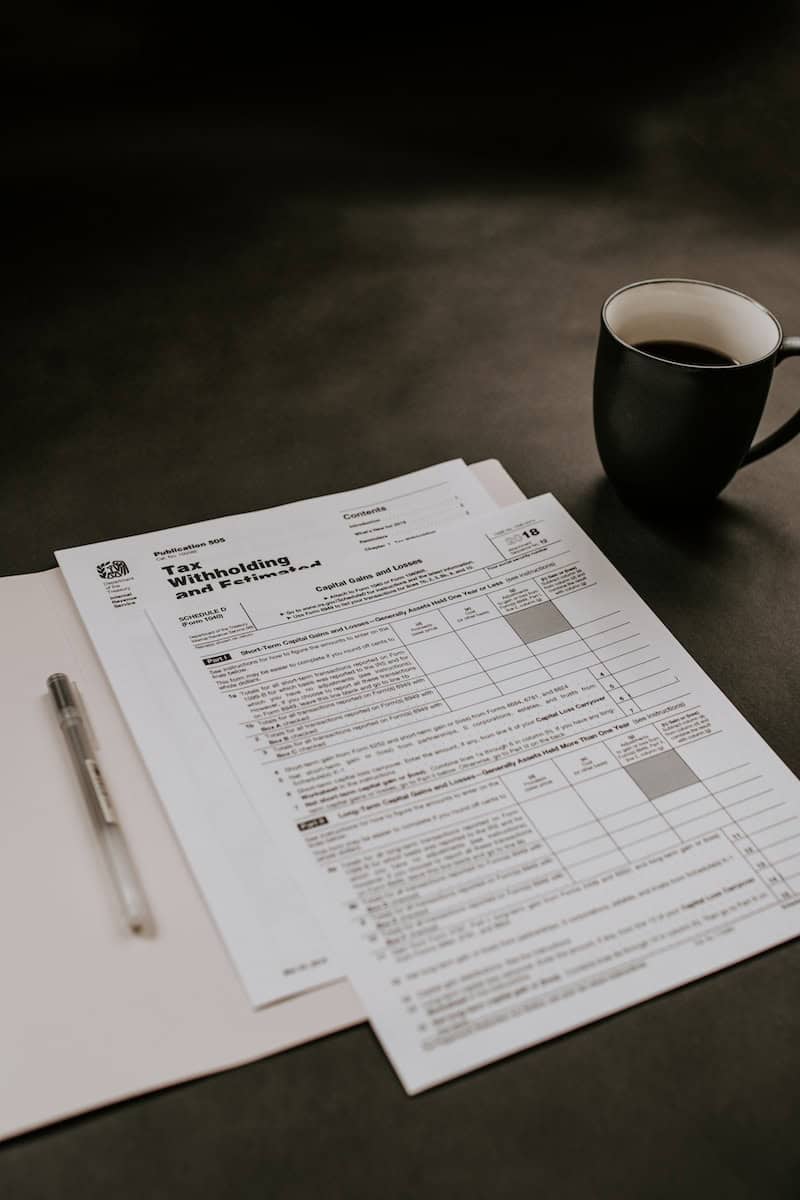
While approval of loan, the bank always demands the tax return record. It is to verify the income source and also to verify the standard of income. As the lenders are very concerned about their risk factors, they use the tax return record to figure out the debt-to-income ratio. One more important thing is these records always depict the character of a client. Hence, it is mandatory to keep your ITR record of a minimum of 7 years handy.
Conclusion
Tax is nothing but a method to use the public’s money for public welfare by building infrastructure and by creating many facilities through the government of that particular nation. It is mandatory to pay tax every financial year.
At the same time, it is also too important for an individual to maintain the Income-tax return record that he had paid over the year. It helps in many situations as proof and also it acts as a thing of assurance. A country like India has a 5.78 Crore taxpayer. Now, these populations must maintain the tax record properly so that the department of income tax can easily keep an eye on every defaulter.


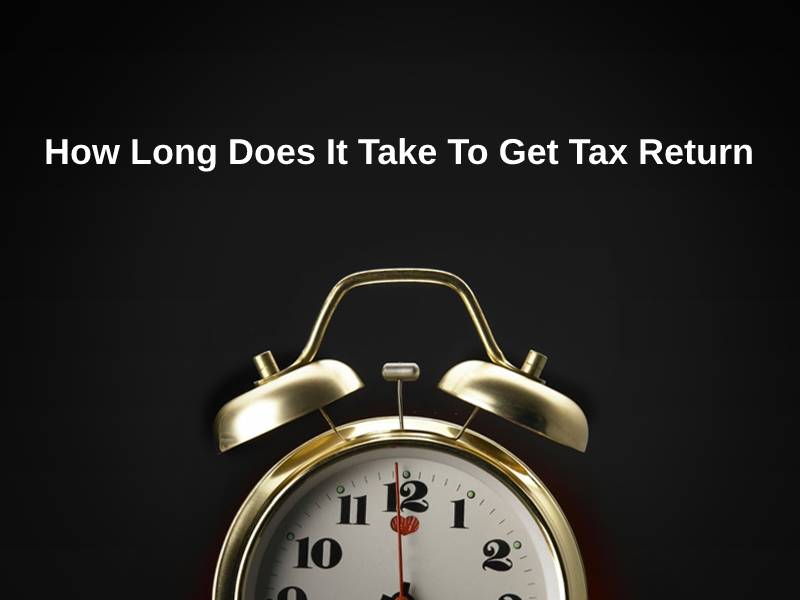

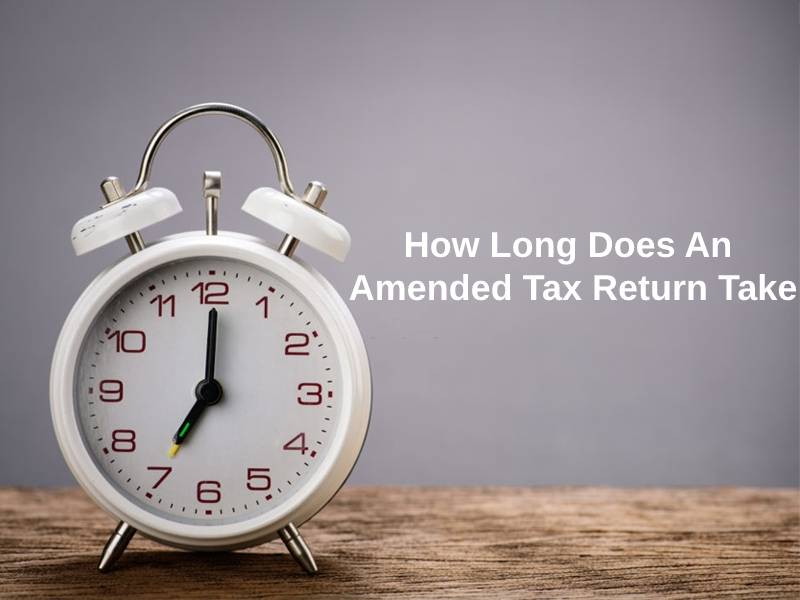










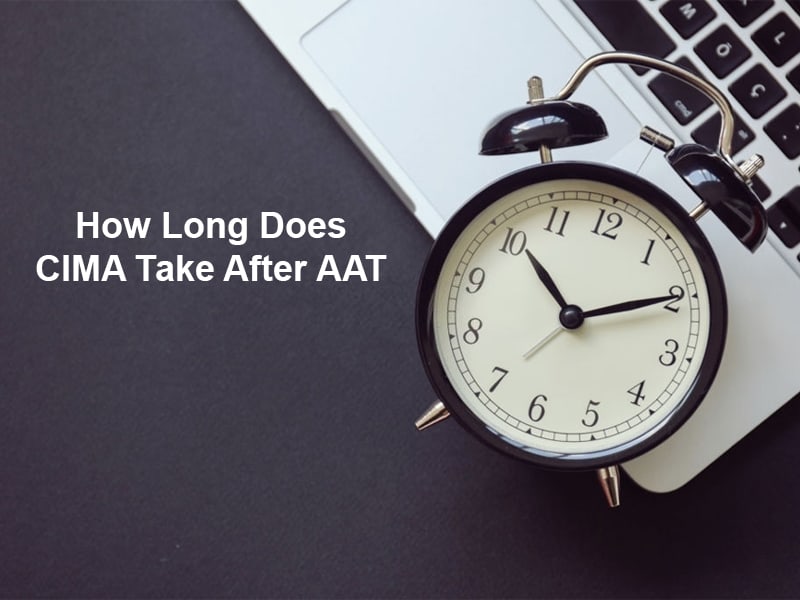



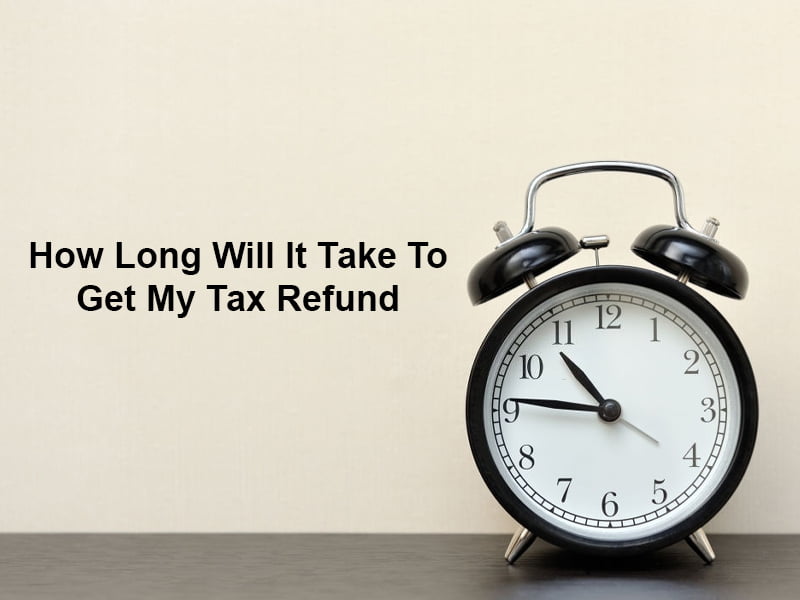

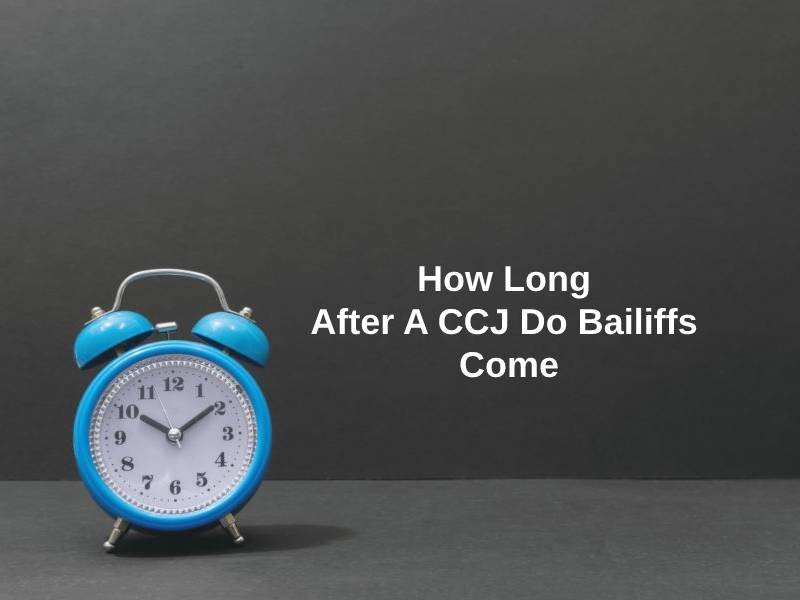

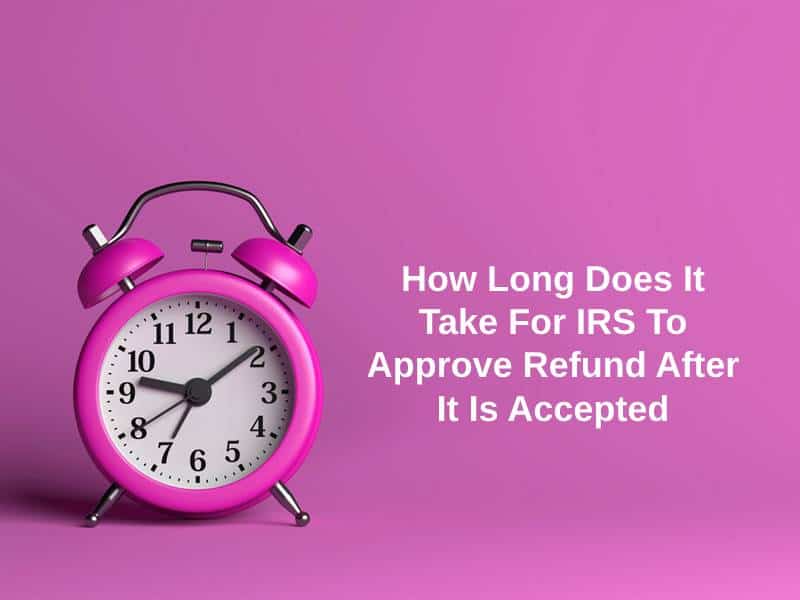


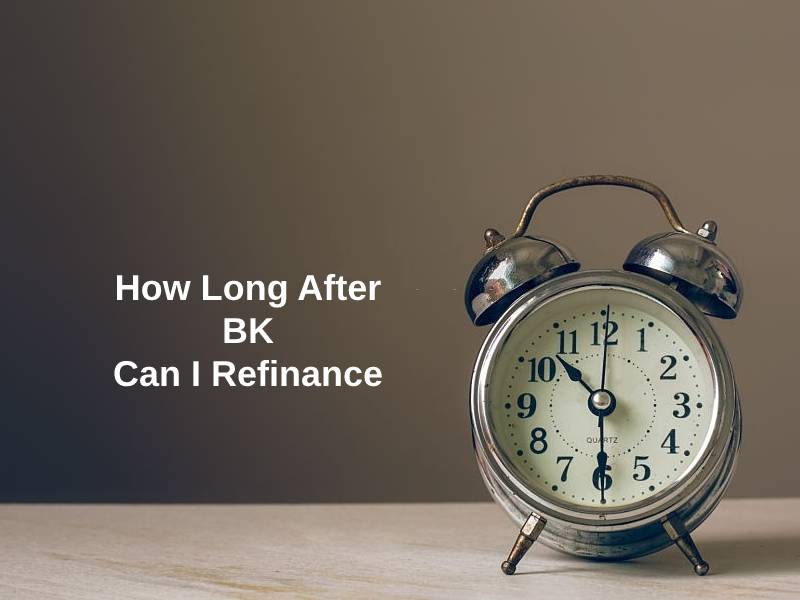
This is an excellent piece that delves into the need for maintaining tax return records. The reasons cited for keeping these records for up to 17 years in certain cases are extremely helpful for taxpayers.
I agree, it’s an insightful post with detailed explanations about the significance of tax return records, especially in relation to various categories of taxpayers.
I found this to be a well-researched and comprehensive piece on the importance of tax return records. The detailed explanation about why maintaining these records is essential in various scenarios is quite enlightening.
Absolutely, the article presents a detailed and thorough understanding of why maintaining tax return records is crucial, and the impact it can have on taxpayers in different situations.
I appreciate how this article presents the importance of maintaining tax return records with logical arguments. The relevance of these records in cases of property, real estate, and loans is well-explained.
I found the post to be quite enlightening in explaining the significance of keeping tax return records and the impact it has on various financial transactions and scenarios.
Absolutely, the article offers valuable insights into the implications of maintaining tax return records, especially when it comes to property, loans, and income verification.
This article provides a convincing argument for the necessity of keeping tax return records for an extended period. The details about the implications for different types of assets and scenarios are very informative.
Indeed, the post is an eye-opener regarding the implications of not maintaining tax return records, especially for different categories of taxpayers and their specific requirements.
The post makes a compelling point about the importance of tax return records. It’s crucial to be aware of the timelines for record-keeping, especially when it comes to deceased citizens and those with fraudulent records.
I found the categorization and detailed explanation about why we should keep tax return records for an extended period to be very enlightening and thought-provoking.
Absolutely! The article provides a thorough understanding of why the tax return records need to be maintained for a longer period of time, and how it differs based on various scenarios.
The piece is quite comprehensive and provides compelling reasons for maintaining tax return records. The significance of these records in relation to long-term capital gains tax and loans is very informative.
I completely agree. The post offers valuable insights into the relevance of tax return records, especially in terms of long-term capital gains tax and loan approvals.
The post is indeed enlightening in explaining the importance of maintaining tax return records over a long period, especially concerning long-term capital gains tax and loan verifications.
The post provides an in-depth and logical reasoning for the need to maintain tax return records for a considerable duration. The explanations about different scenarios and their requirements are quite insightful.
This post delivers an in-depth and rational perspective on why maintaining tax return records is essential. The details about the relevance of these records in verifying income sources and character are enlightening.
I believe the article does an excellent job of explaining the necessity of maintaining tax return records and the many ways in which it impacts various financial aspects.
I couldn’t agree more. The post offers valuable insights into the reasons for keeping tax return records, especially when it comes to loan approvals and income verification.
I found the article to be a well-articulated and compelling piece that underscores the necessity of maintaining tax return records. The detailed explanations about the impact of these records on loans and financial transactions are highly informative.
Absolutely, the article provides an insightful perspective on the importance of keeping tax return records and the implications they have on various financial dealings.
This article is really informative and sets the record straight about why keeping tax return records for such a long time is necessary. It provides great insight into the reasons behind maintaining the records for at least seven years.
I couldn’t agree more! The explanation about the various categories and their respective timelines for record-keeping is extremely insightful.